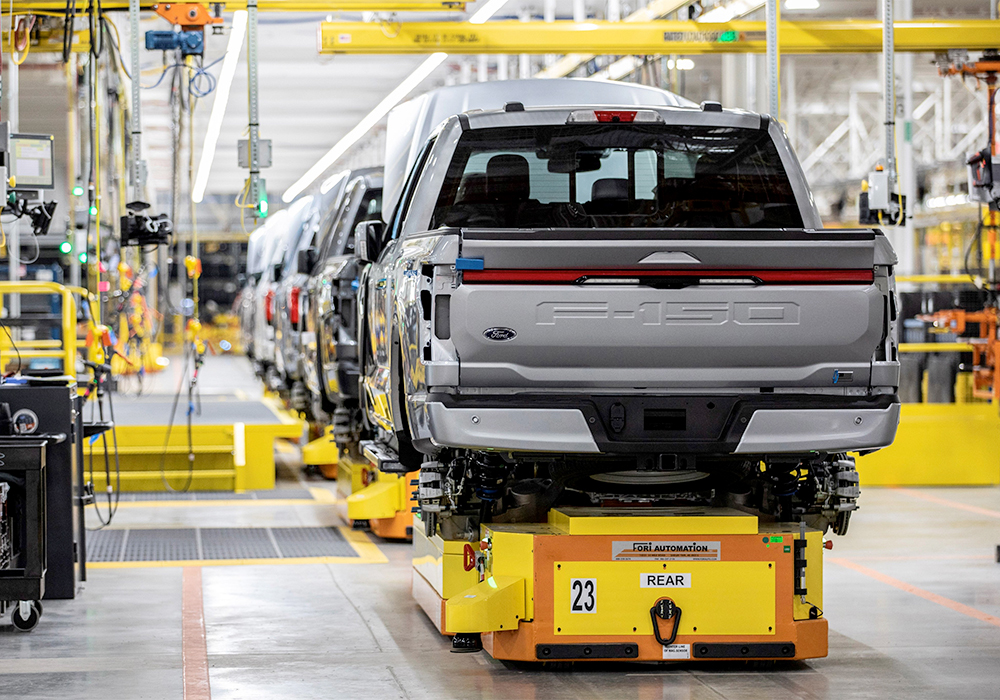A BloombergNEF report in September suggested that more than half of the passenger cars sold in the US by 2030 would be electric vehicles.
The thought of an all-electric vehicle have some folks more excited than two lead poles on a fully charged battery. CBC business columnist Don Pittis suggests they might curb that enthusiasm for a bit.
“For those who have looked more deeply at how the world can escape its dependence on oil and gas, the rush to replace existing gas guzzlers with a new fleet of clean, silent battery-powered personal transport leaves them uneasy,” wrote Pittis.
Read Also

Equipment manufacturing may return to Canada
Some ag equipment and automotive manufacturers are now adjusting their production and distribution to avoid tariff costs in relation to supplying the Canadian market.
To gain a new perspective, Pittis interviewed journalist/author John Lorinc who voiced concerns about full electric vehicles.
Lorinc said, “it’s a really important evolution of technology to get away from internal combustion engines, so that part is necessary.
“Electric vehicles are large, engineered objects that require a lot of metal, they require a lot of components that are shipped all over the place. There’s a lot of mining and processing of minerals required to make the components, so it’s not an environmental panacea by any stretch of the imagination.”
Urban planning advocate Jason Slaughter told Pittis, “EVs are here to save the car industry, not the planet; that is crystal clear. Electric cars use batteries instead of gasoline, but they are still a horrendously inefficient way to move people around, especially in crowded cities.”
Pettis says the fact that several climate strategists believe there are significant problems with electric vehicles is telling. If environmentalists are becoming more aware of and more concerned about potential short-term and long-term environmental impact of manufacturing electric cars, this could shift the needle to a different direction.
This doesn’t mean EV production would suddenly come to a halt, but it could make more people hesitant to permanently shift away from the conventional vehicles we’ve used since the days of Henry Ford and the Model T.
Pettis concludes, “it seems that the age of electric vehicles isn’t upon us just yet.”
















